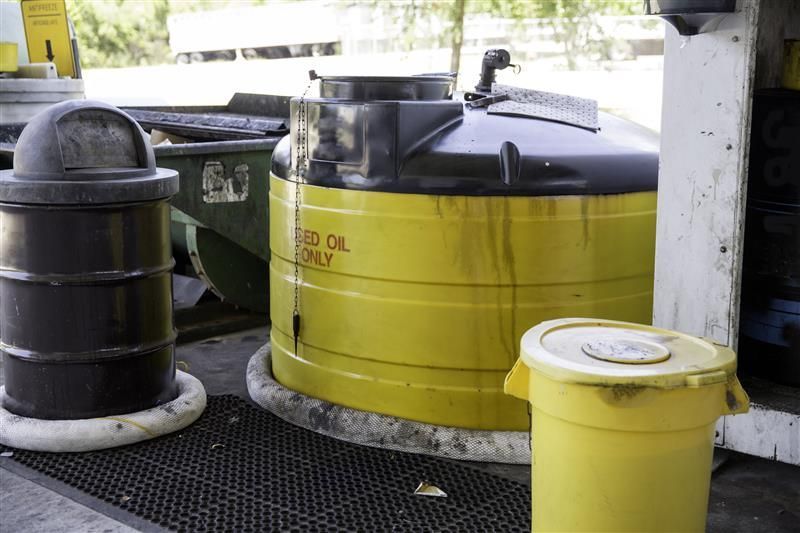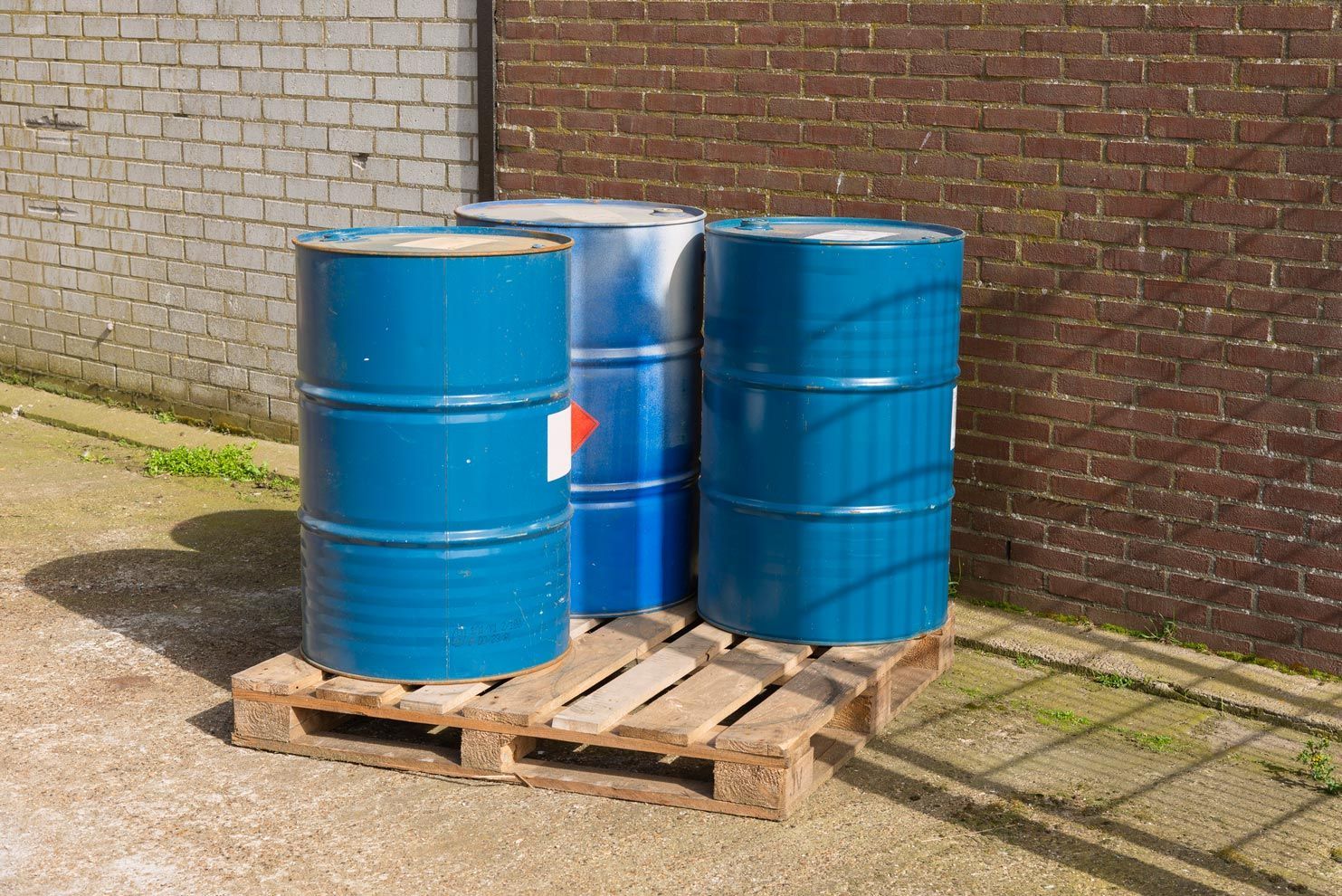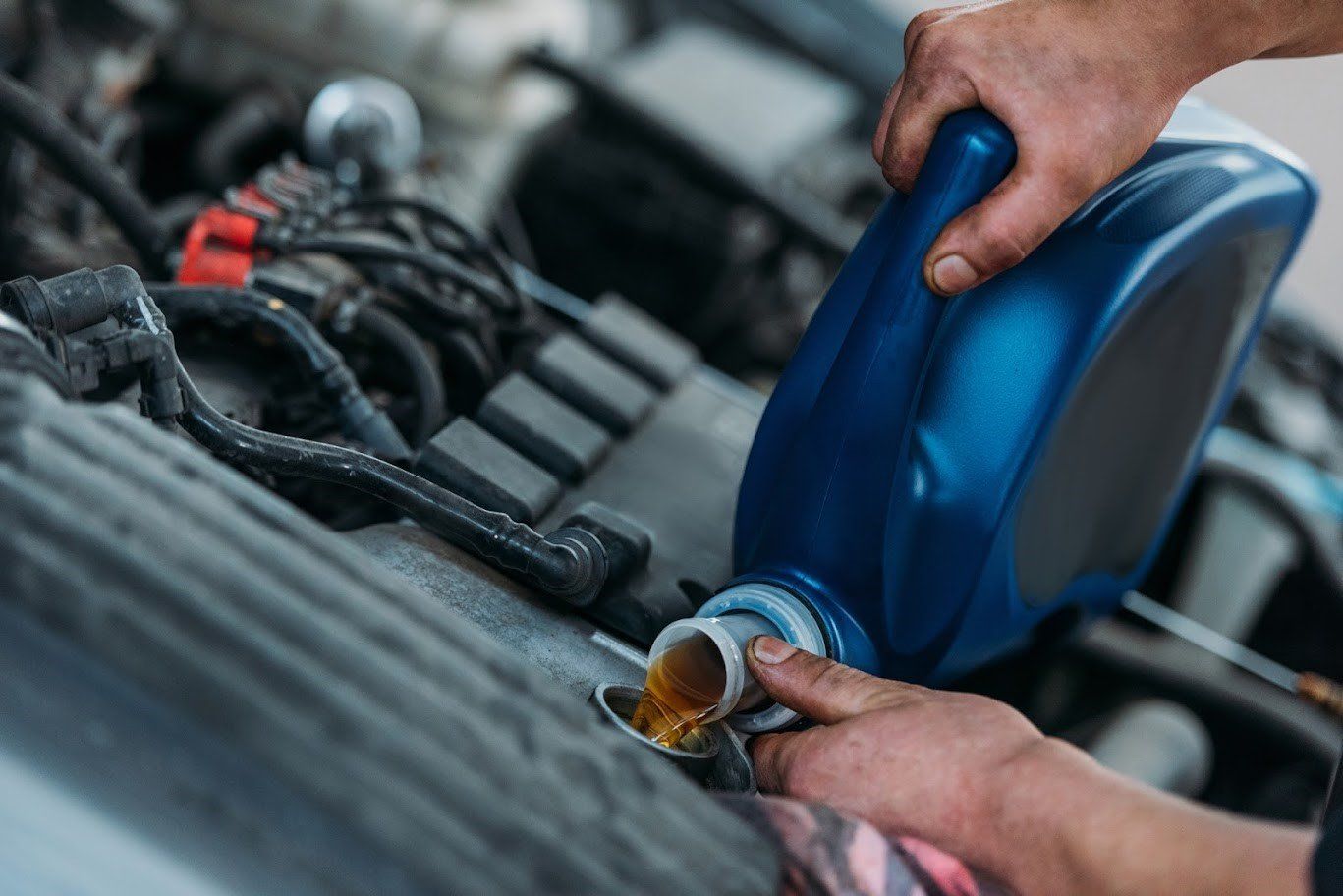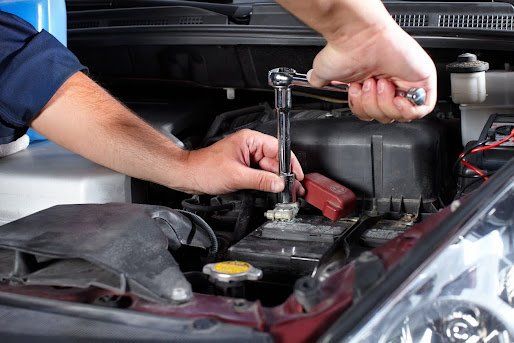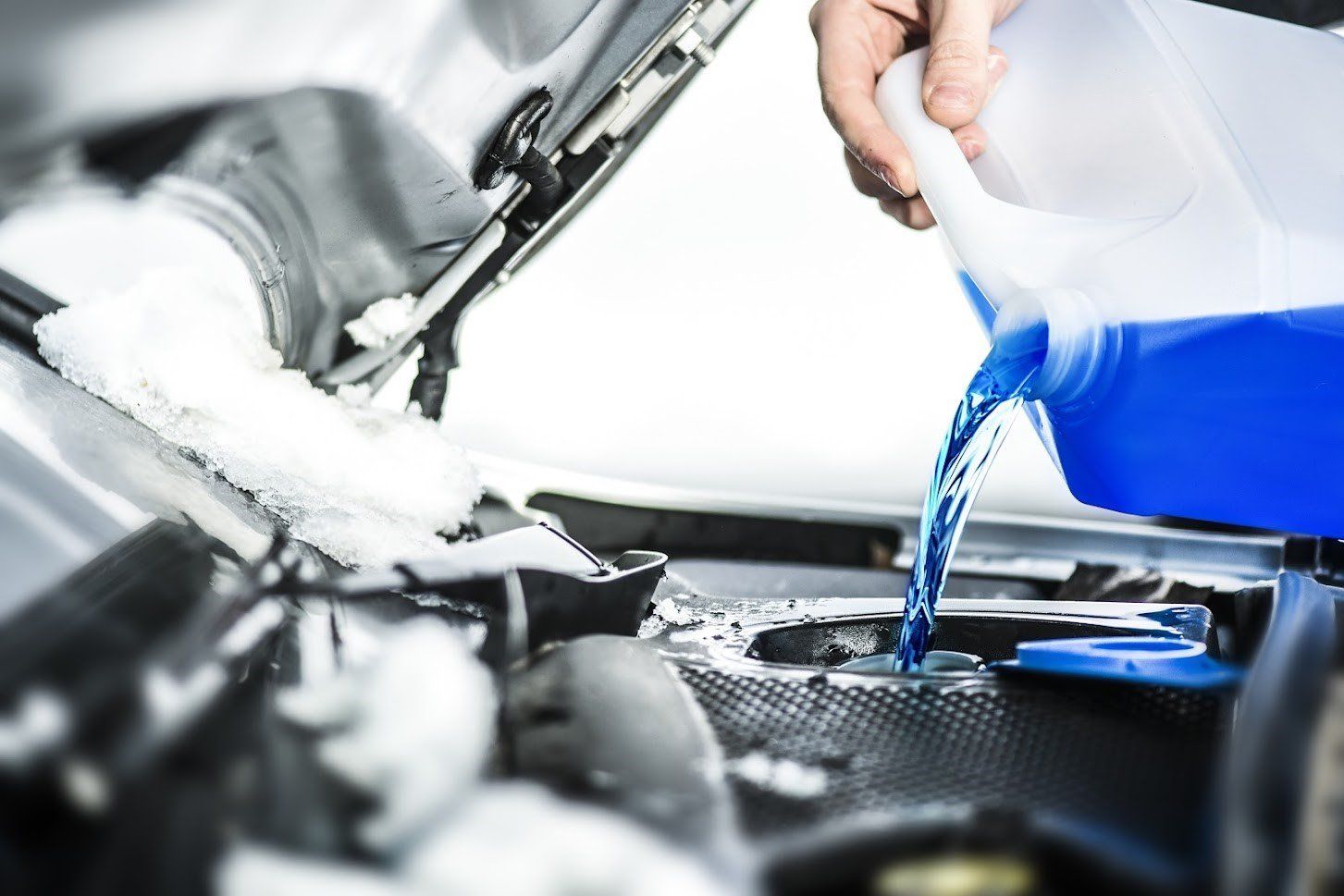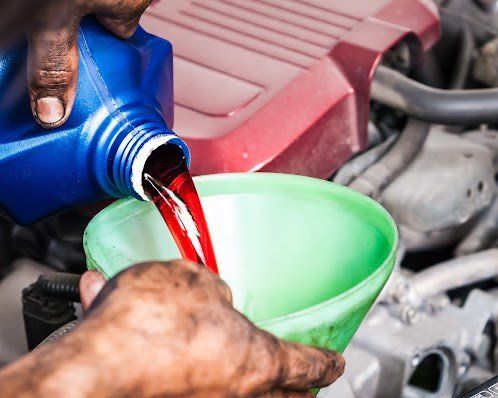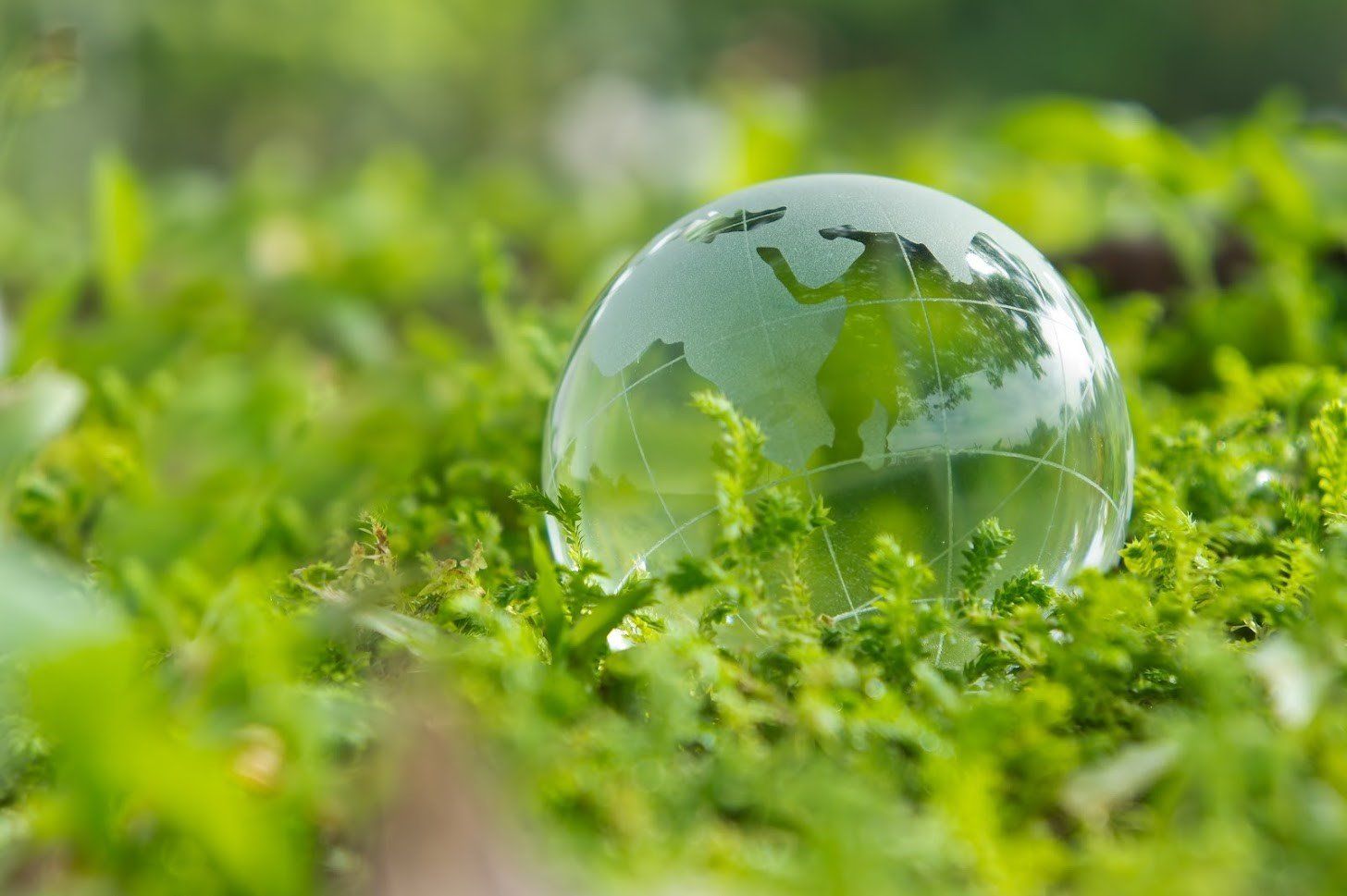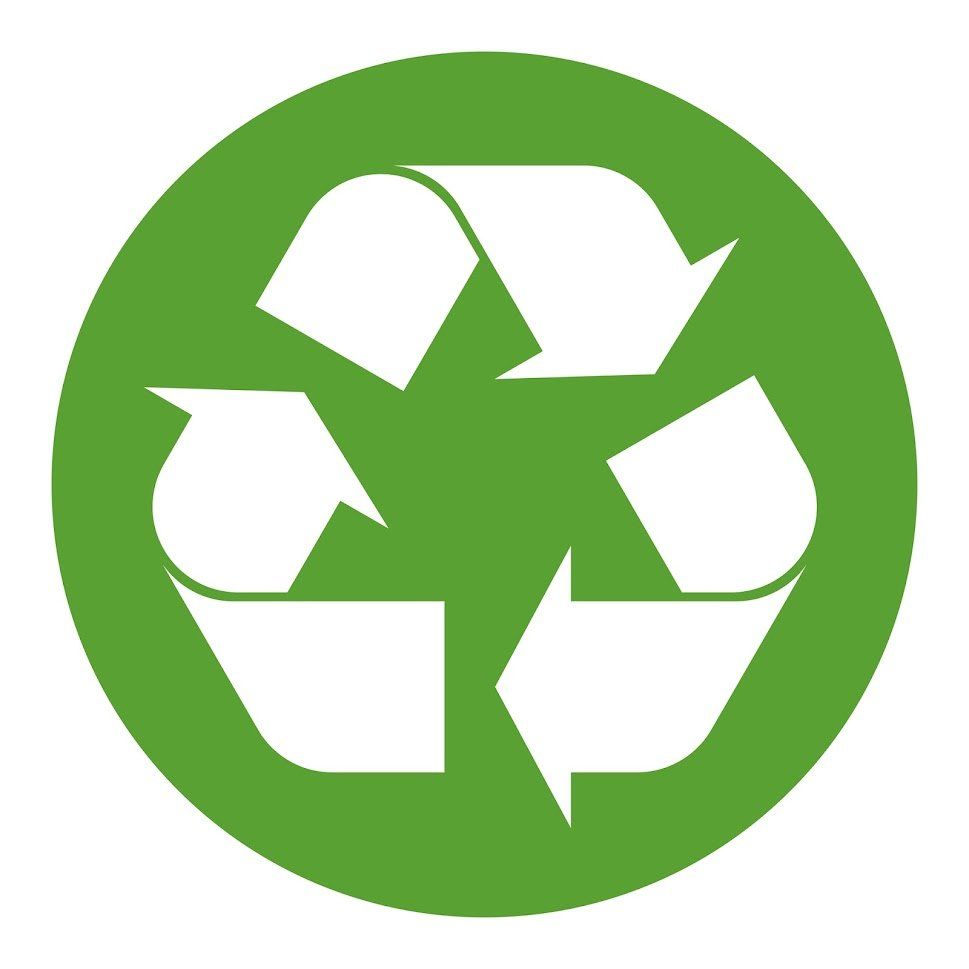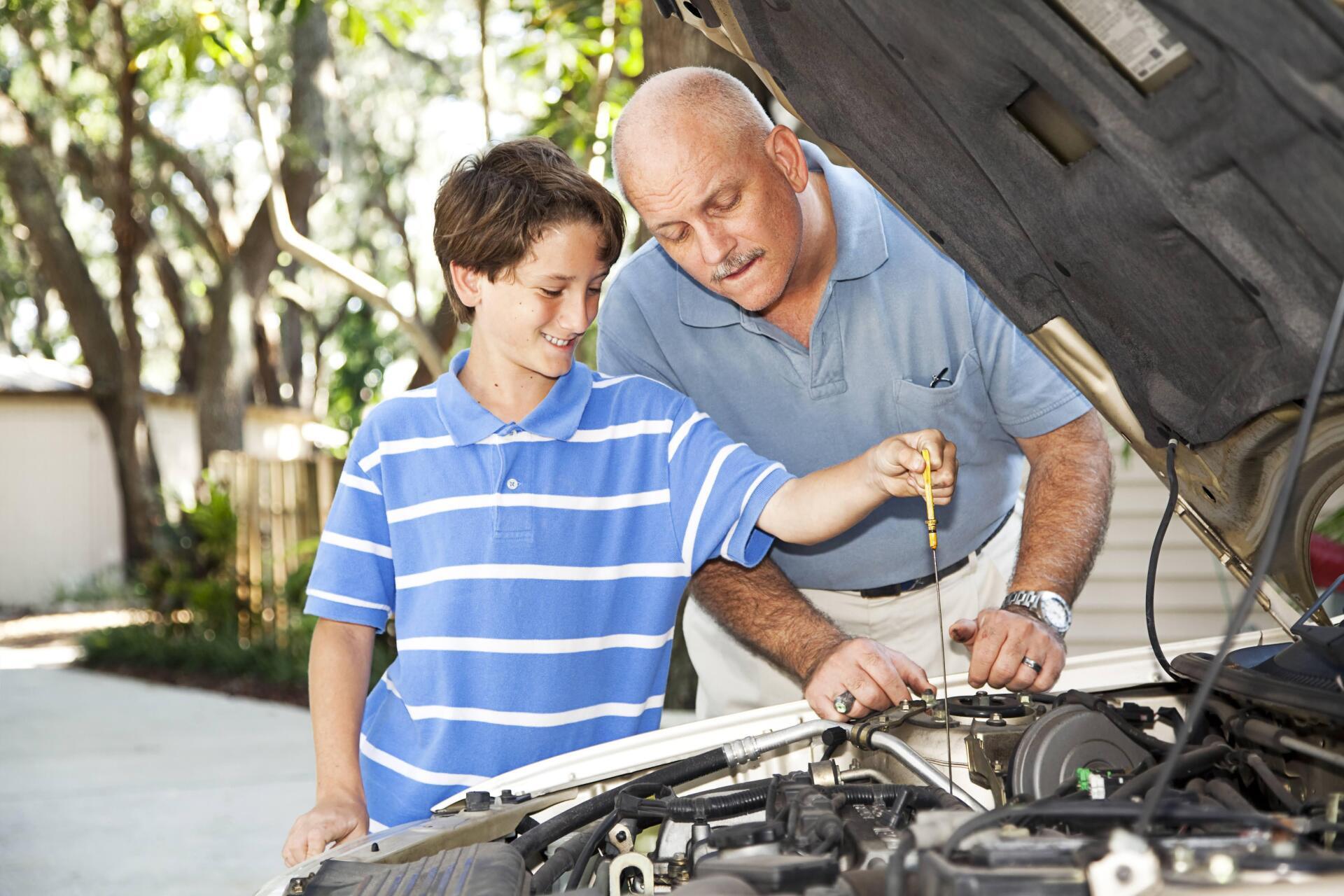Run a Car Wash at Your Auto Shop? What to Know About Wastewater
March 20, 2020
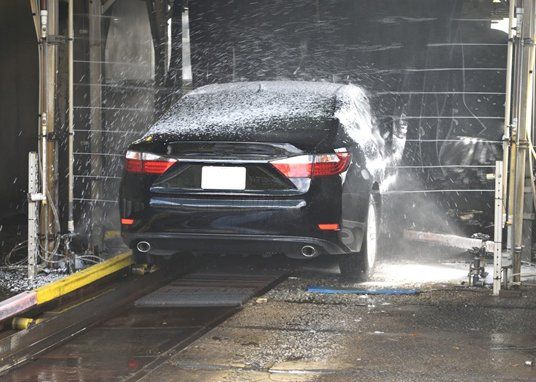
If you run an auto shop, you likely know the ins and outs of maintaining and recycling used petroleum-based products, such as antifreeze and motor oil. However, if you want to start running car wash services as well, you need to understand wastewater and how to properly dispose of it.
What Causes Wastewater in a Car Wash Facility?
Wastewater is a general term for any water affected by human use. As your customers' cars come through the car wash, clean water can become contaminated with chemicals and debris from the vehicles. For instance, as a car is cleaned, oil and grease — which contain hazardous materials like zinc and chromium — can mix into the water.
While cleaning agents will make your customers' cars clean, once these products contaminate water, they can be harmful to humans, plants, and animals if released into the surrounding soil and groundwater. For instance, detergents that may be biodegradable can still be poisonous to fish.
Some car wash detergents contain phosphates or other chelating agents used to soften hard water — which can cause excess growth in invasive plant species near bodies of water.
A common wheel cleaner for automatic car washes is ammonium bifluoride (ABF). ABF can cause respiratory problems and irritate people's eyes and skin. When ABF mixes with water, it can release hydrofluoric acid, which can cause vomiting, nausea, and fluoride poisoning if ingested.
Because wastewater is a huge concern for the environment and people's health, you need to dispose of it properly.
Do You Need to Set Up a System to Catch Wastewater?
According to the Clean Water Act
— and EPA and OSHA standards — it doesn't matter if you want to run a self-service car wash, conveyor belt car wash, or an automatic car wash, you still need to figure out how to properly dispose of your wastewater at state-approved drainage, recycling, or treatment facilities.
You will need to investigate your municipality's wastewater facilities to see if the storm drainage system in your area is separate from the sanitary sewer system. If the storm drains connect to the sanitary sewer system, then the wastewater will need treatment at a plant before it's released into the environment.
If the two systems are separate, then that means that wastewater that runs off from your car wash could flow directly into local water sources without being treated. You will need to reroute your system so that wastewater doesn't just run off into the storm drain.
Furthermore, you should set up a filtration system for the wastewater before it is discharged into the sanitary sewer system. Filtration systems need to remove any solid particulates greater than 0.5 inch
in diameter.
How Can You Dispose of Wastewater?
A professional recycling facility needs to dispose of the collected sludge from the filtration since it is special waste, or a hazardous waste.
Services that dispose of your motor oil and antifreeze may also safely dispose of your wastewater. It may sound strange to recycle water, but non-potable water (or non-drinking water) used in washing vehicles can be reclaimed for other uses if you use a dual piping system to keep your wastewater separate from storm drains.
A professional service can treat the wastewater, and you could reuse it to clean cars. It can be recycled for other purposes, such as:
- Agricultural uses, like irrigation
- Urban usage, like street cleaning and fire protection systems
- Industrial usage, like in concrete production
- Environmental usage, like in constructed habitats for flora and fauna
Contact us at Denver Oil
to learn more about the proper disposal of wastewater. Technicians can collect used oil, contaminated fluids, and wastewater for proper recycling and disposal.

